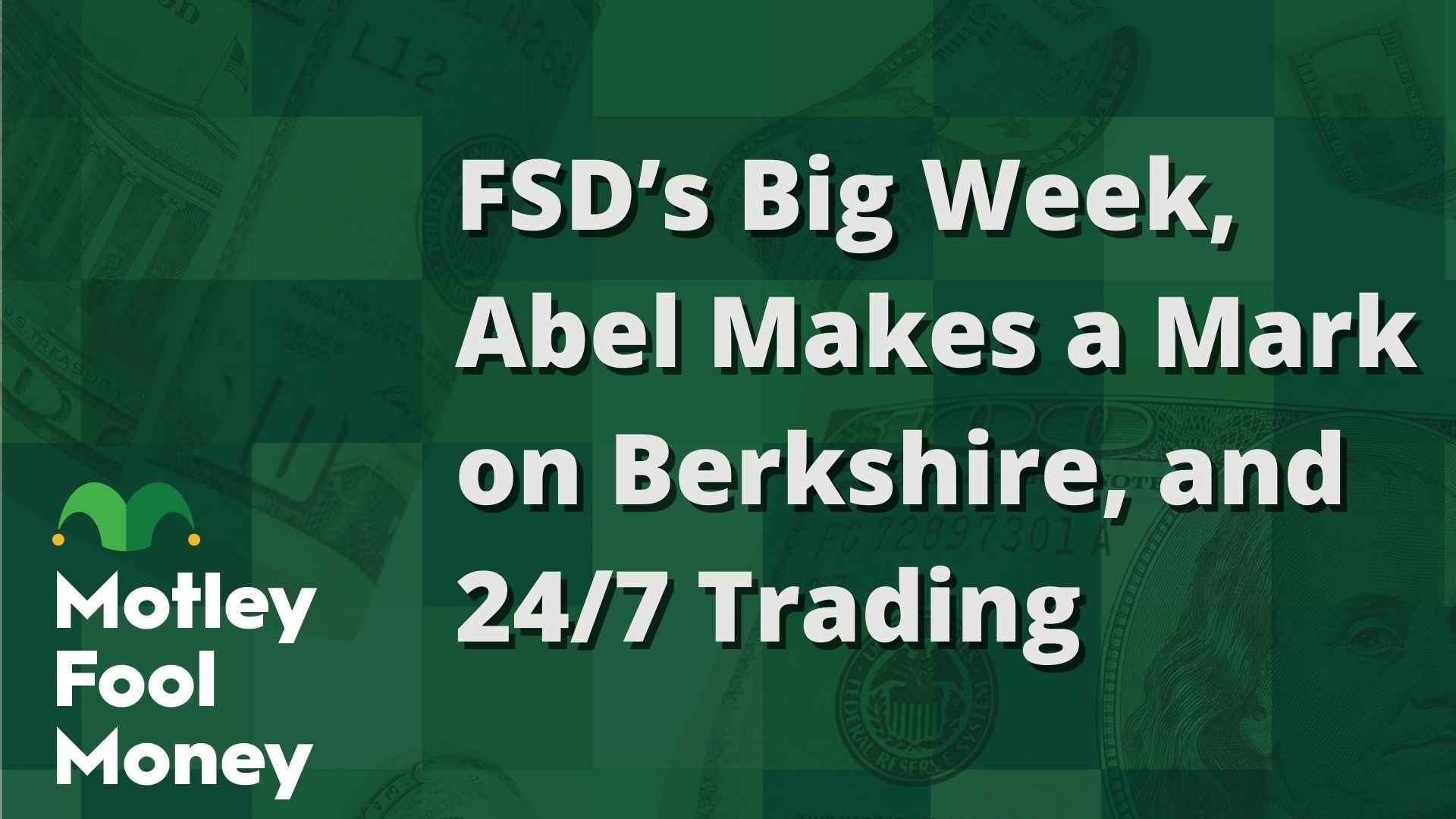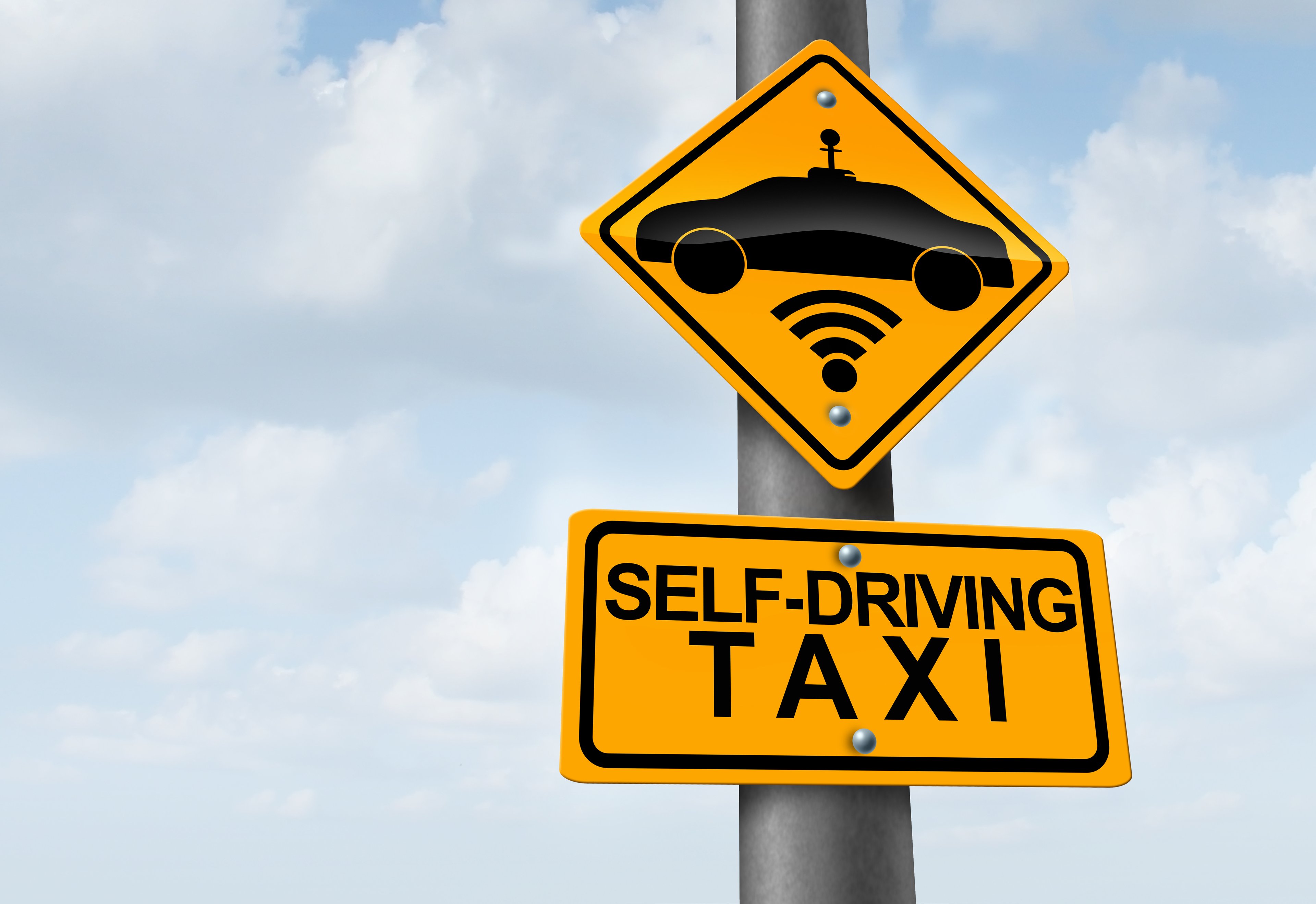Ever since electric-car maker Tesla Motors (TSLA +3.38%) moved its ambitious production target for achieving a 500,000 annualized build rate two years earlier, from 2020 to 2018, management has made it clear: Manufacturing is the company's top priority. And Tesla's Tuesday morning announcement that it is acquiring German engineering company Grohmann Engineering and forming Tesla Advanced Automation Germany puts more substance behind Tesla's ambition.

Image source: The Motley Fool.
A big vision requires significant talent
"After increasing our output target to 500,000 cars per year by 2018, we began searching for the best engineering talent in automated manufacturing systems," Tesla said in a Nov. 8 blog post. "Today, we are excited to announce that Tesla has entered into an agreement to acquire Grohmann Engineering, a world-renowned engineering company in Prüm, Germany, which will become Tesla Grohmann Automation."
The firm's founder, Klaus Grohmann, will lead the new unit, which will design and produce "several critical elements of Tesla's automated manufacturing systems," the blog post reads. Tesla believes the acquisition will enable the company to add more than 1,000 advanced engineering and technician jobs in Germany in just two years.
Tesla asserts Grohmann Engineering is "one of the world leaders in highly automated methods of manufacturing."
The acquisition builds on Tesla CEO Elon Musk's emphasis on designing what he calls "the machine that builds the machine" -- a way of thinking of factories as a product in and of themselves. Musk has said the machine building Model 3 could be thought of as version 0.5. Version 1.0 will come around 2018, Musk has said.

Tesla factory in Fremont, CA. Image source: The Motley Fool.
The ultimate goal with this "machine that builds the machine" initiative, is to manufacture complex objects at an unprecedented rate -- a narrative highlighted again in Tesla's Nov. 8 announcement:
Accelerating a sustainable energy future is only possible with high-volume factories. They allow us to manufacture high-quality products with economies of scale, making them more affordable and accessible to the world. As the machine that builds the machine, our factories are so important that we believe they will ultimately deserve an order of magnitude more attention in engineering than what they produce. At very high production volumes, the factory becomes more of a product than the product itself.
If Tesla successfully closes the acquisition, the company will make its most significant contribution yet to its growing cadre of engineering expertise. Some key engineering hires earlier this year include Audi's Senior Director of Production for the A4, A5, and Q5 vehicles, Peter Hochholdinger, and Apple's Director of Reliability Engineering, David Erhart.

Tesla Model X body assembly line. Image source: The Motley Fool.
Accelerating production
As Tesla prepares to bring its Model 3 to market next year, the automaker has been rapidly accelerating production. Indeed, thanks to rapidly increasing production, the automaker's deliveries have been increasing at accelerating rates. But getting from Tesla's current build rate of 100,000 vehicles per year to 500,000 annual units in 2018 is going to require a significant leap in manufacturing capabilities.
Tesla believes this acquisition will play a key role in helping the automaker make this leap: "To date, we have increased the production rate at our Fremont Factory by 400% in four years, and we expect this acquisition to accelerate that growth rate."
Boosting production will require more than acquisitions and engineering talent. Tesla will also need to make significant investments in new factory capacity, following up with rapid execution. Ahead of Tesla's Model 3 launch next year, investors should keep a close eye on any tangible progress the company makes toward bringing its "machine that builds the machine" vision to life.






